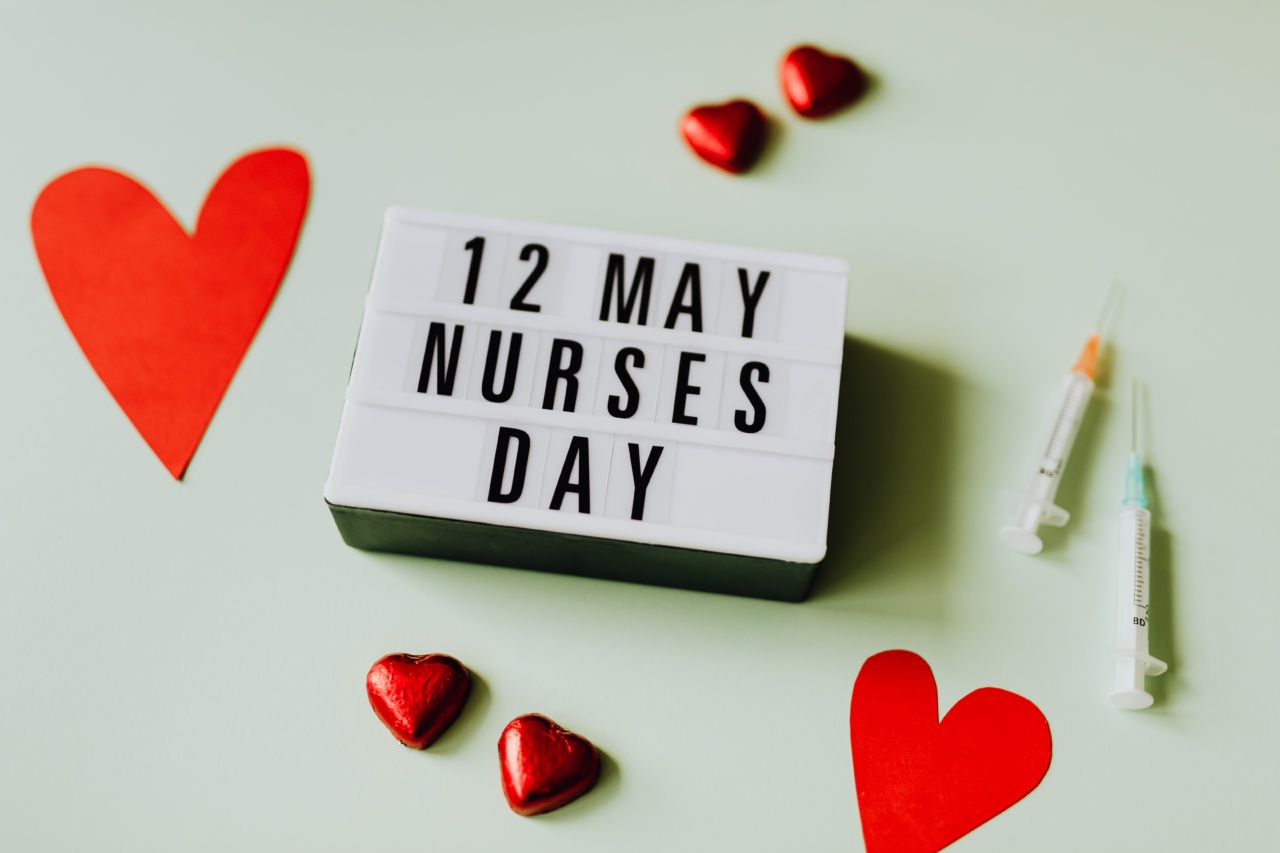The heart is one of the most important organs in our body and is responsible for pumping blood throughout our body. It’s what keeps us alive and kicking, so it’s essential that we take care of it.
However, with our modern lifestyle, our heart health is often compromised. If you’re not careful, you may experience signs that indicate your heart is not working efficiently. Below are our top signs that your heart may not be in the best shape:.
Chest Pain or Discomfort
Chest pain or discomfort is the most common sign of heart disease and is often the first sign that individuals experience. It can feel like a pressure or tightness in your chest, or like you’re being squeezed.
The pain may also spread to your arms, neck, back, or jaw. If you experience chest pain or discomfort, especially with physical activity, you need to see a doctor right away.
Shortness of Breath
Difficulty in breathing or shortness of breath is another common sign of an unhealthy heart. If your heart cannot pump enough blood to meet the demands of your body, your lungs may not be getting adequate oxygen, leaving you feeling short of breath.
This is especially true when performing physical activities or when lying down. If you experience shortness of breath, it’s time to see a doctor before it gets worse.
Dizziness or Lightheadedness
Dizziness or lightheadedness can occur when your heart is not pumping enough blood to your brain. This can happen due to a lack of oxygen or because your blood pressure is low.
If you experience dizziness or lightheadedness, it is important to take note of how often you experience it and under what conditions.
Fatigue
Unexplained fatigue is a common sign of an unhealthy heart. If your heart can’t pump enough blood to meet the energy needs of your body, you may feel tired and fatigued, even after a good night’s sleep.
If you’re experiencing ongoing fatigue, it’s essential to see your doctor to rule out any potential heart issues.
Swollen Feet and Ankles
If your heart is not pumping blood efficiently, the fluid can accumulate in your lower legs, ankles, and feet, causing them to swell.
This swelling can also be a result of kidney or liver problems, so it’s important to visit a doctor who can diagnose the cause of the swelling.
Palpitations
Irregular heartbeats or palpitations are often a sign of an unhealthy heart. If you feel like your heart is racing, fluttering, or skipping beats, you should see a doctor right away.
Palpitations can be a sign of many different conditions, so it’s best to get things checked out as soon as possible.
High Blood Pressure
High blood pressure puts a lot of strain on the heart and can damage blood vessels throughout your body. It can also increase the risk of heart attack and stroke.
If you have high blood pressure, it’s important to manage it through lifestyle changes or medication prescribed by your doctor.
Diabetes
Diabetes is another leading cause of heart disease. If your blood sugar levels are high, it can cause damage to your blood vessels, leading to heart problems.
If you’re diabetic, it’s important to work with your doctor to manage your blood sugar levels and reduce your overall risk of heart disease.
Obesity
Obesity is linked to many different problems, including heart disease. If you’re overweight, it’s important to start making lifestyle changes to reduce your risk of heart disease.
Exercise regularly, eat a healthy diet, and monitor your blood pressure levels regularly.
Smoking
Smoking is harmful to the heart and increases your risk of heart disease. If you’re a smoker, it’s time to quit smoking and seek the support you need.
There are many different resources available to support people who want to quit, so take advantage of them to better your heart health.
Conclusion
Our heart is the most important organ in our body, and it’s crucial to maintain its health by following a healthy lifestyle. However, if you experience one or more of the above signs, take them seriously and seek medical advice.
Listen to your body, and it will help you maintain good heart health for years to come.




























